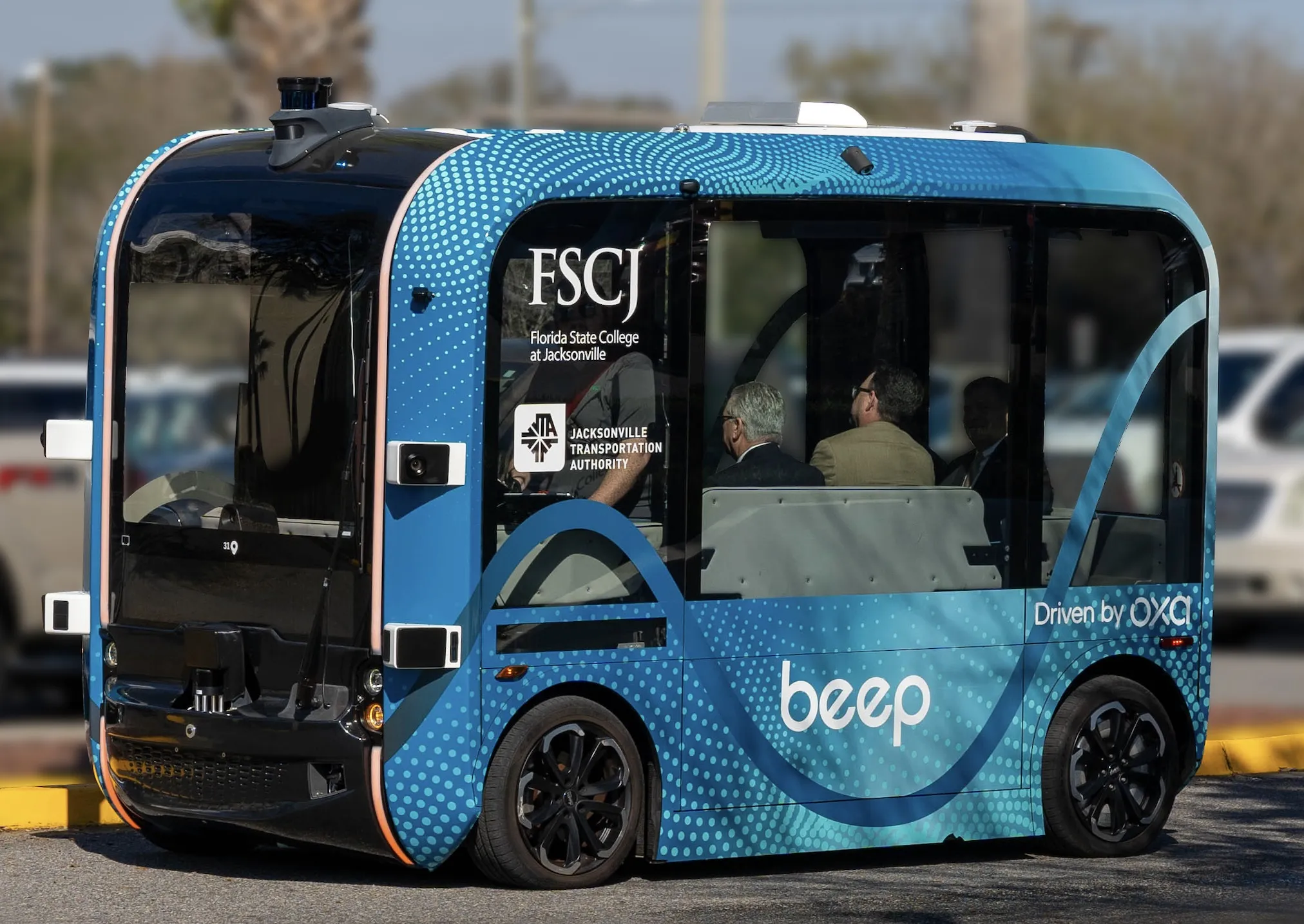Mercedes-Benz is to begin testing its autonomous cars on a unique site in California, at the Contra Costa Transportation Authority Concord Naval Weapons Station (CNWS), the largest test bed site in the US.
Since mid-September the company has also held an official licence, issued by California, to test self-driving vehicles on public roads. The additional testing opportunities provided by the CNWS site will enable the company to significantly expand the scope of its research activities.
With a test ar
October 3, 2014
Read time: 2 mins
Since mid-September the company has also held an official licence, issued by California, to test self-driving vehicles on public roads. The additional testing opportunities provided by the CNWS site will enable the company to significantly expand the scope of its research activities.
With a test area covering 2,100 acres, the CNWS site is currently the largest and most secure test bed site in the US. It features a network of surfaced roads resembling an urban grid plan, making it an ideal location for testing autonomous vehicles in surroundings that are as close to real life as they can be. For security reasons the testing ground, which is operated by the US Navy in conjunction with the City of Concord and the Contra Costa County Transportation Authority, is not accessible to the public.
“We can use the test site in Concord, California to run simulation tests with self-driving vehicles in a secure way, including specific hazardous situations", explained Dr Axel Gern, head of autonomous driving at










